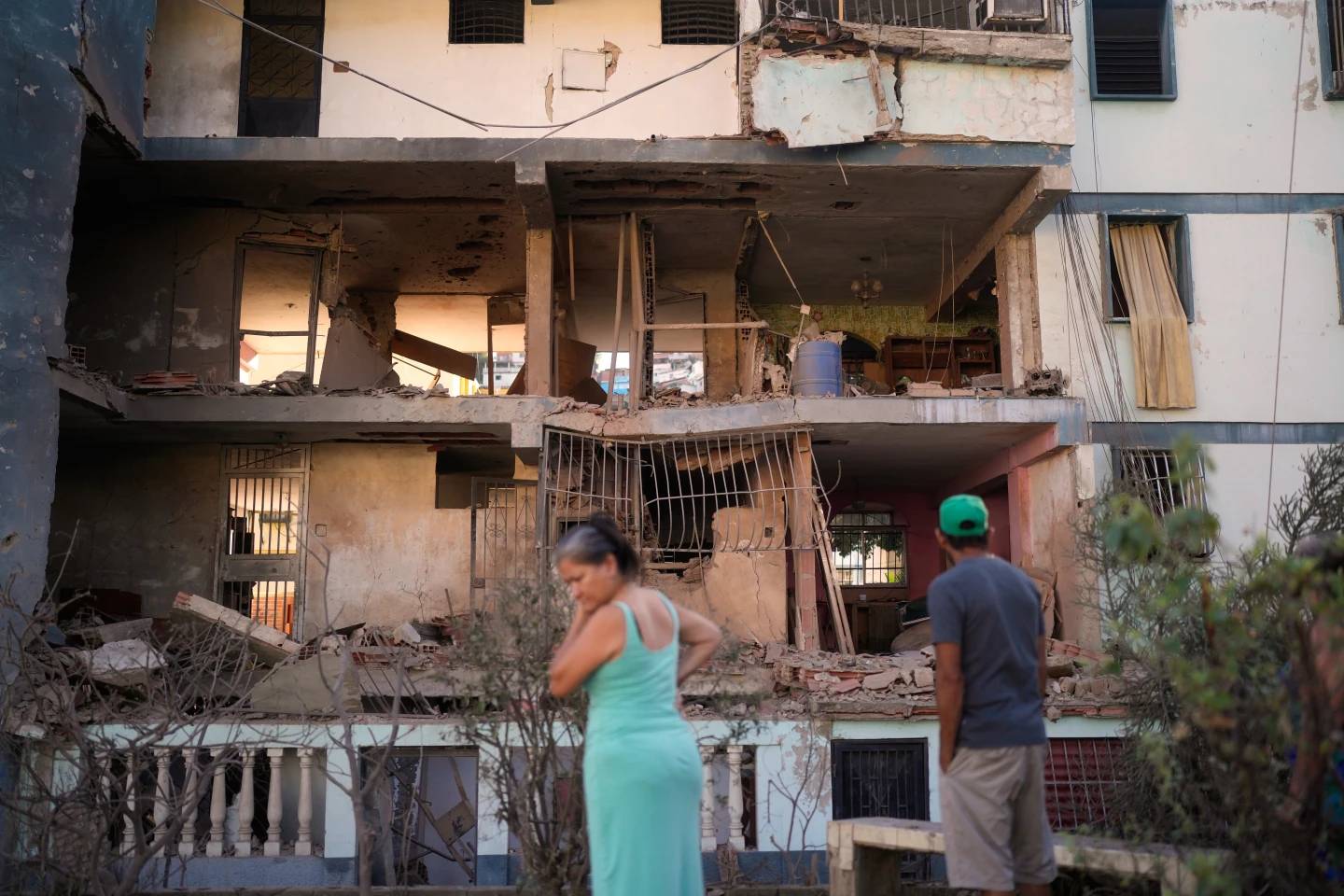ROME – According to one of Argentina’s most influential archbishops – and a close ally of Pope Francis – the country’s president has little time to “avoid a debacle.”
“For the love of this wounded Homeland, many of us hope that the President [Alberto Fernández] can revise his agenda of priorities in time, to avoid a debacle that would end up damaging our people even more,” wrote Víctor Manuel Fernández, Archbishop of La Plata.
The letter from the prelate against the president comes days after Sunday’s primaries saw most of the candidates belonging to the president’s party loose in a landslide. Since primaries are mandatory in Argentina, there are seen as a massive pre-election poll. If the results remain as they were, President Fernández, and his Vice President Cristina Fernandez de Kirchner, former president- would lose the majority in Congress in the mid-term elections this November.
Archbishop Fernández, who helped Francis pen his document on the family, Amoris Laetitia, and the pontiff’s encyclical on the environment, Laudato Si’, had strong words against the president’s priorities during the past two years, especially about the many mistakes his administration made in handling the pandemic.
Argentina had one of the world’s longest mandatory lockdowns, yet also has one of the highest death-rates per capita for COVID-19.
In the weeks leading to the primaries, it was also revealed that while he was calling those who met with extended family or friends during the more than 200 days of lockdown “imbeciles,” he was doing the same, hosting several dinner parties in the presidential home, including one for his wife’s birthday.
“We have seen him very concerned with [legalizing] abortion, marijuana and even euthanasia, while the poor and the middle class had other deep anxieties that were not answered,” wrote Archbishop Fernández. “In the last months we have seen a powerful advance to impose a ‘non-binary’ language that nobody seems to be interested in in the immense slums.”
By “non-binary” language, the prelate was referring to a new trend in Argentina and other Spanish-speaking countries to remove the feminine and masculine forms from the gendered language, to make it more “inclusive.”
According to the archbishop, the president is more concern with copying the agenda of Spain’s socialist party instead of acknowledging that Argentina is in Latin America.
“At the end of last year, while neighboring countries were buying vaccines, here the Ministry of Health was in the midst of a passionate campaign for abortion,” the prelate wrote. “At the very least it must be acknowledged that it was not the right time, nor was it the most pressing need.”
As abortion legalization was being debated, Archbishop Fernández wrote several columns against the proposed measure, aligning himself with Pope Francis, who has compared it to “hiring a hitman.”
“Many women, to whom the government believed it was responding, were living from day to day, with their families torn apart, their children dropping out of school and falling into drugs and crime, and with money being worth less and less every day,” he wrote in the letter dated Sept. 16.
According to Archbishop Fernández, the social agenda that should have been the top priority for the government – education, employment, health – was blurred “and a great opportunity squandered.”
The prelate also highlighted the high abstention in the election – reaching 40 percent in some of the country’s poorest neighborhoods – as it shows that the people don’t feel represented by any of the country’s political options.
Archbishop Fernández also urged the president to “give priority to the big social problems and focus on production and work,” as he would know these are the things people care about, which the civil leader would know if he was “close to the people.”
“A strategist is expected to be able to read in the current historical moment what are the true and greatest demands of the people, regardless of his own preferences,” the arcbbishop wrote, regretting that there seem to be members of the government who believe that the solution is to become all the more radical, without seeing that this would lead the administration, and the country, close to the abyss.
Referring to the illegal parties the president and his wife had in Olivos, the official residence of the Argentine president, the prelate wrote if the people would have forgiven him if they’d felt he had been close to them during the past 18 months. Instead, the president call those who did what he was doing “imbeciles,” and insisted on calling those who opposed to the legalization of abortion “hypocrites.”
“That is not the image many had when they voted for him,” the prelate wrote.
Follow Inés San Martín on Twitter: @inesanma
















